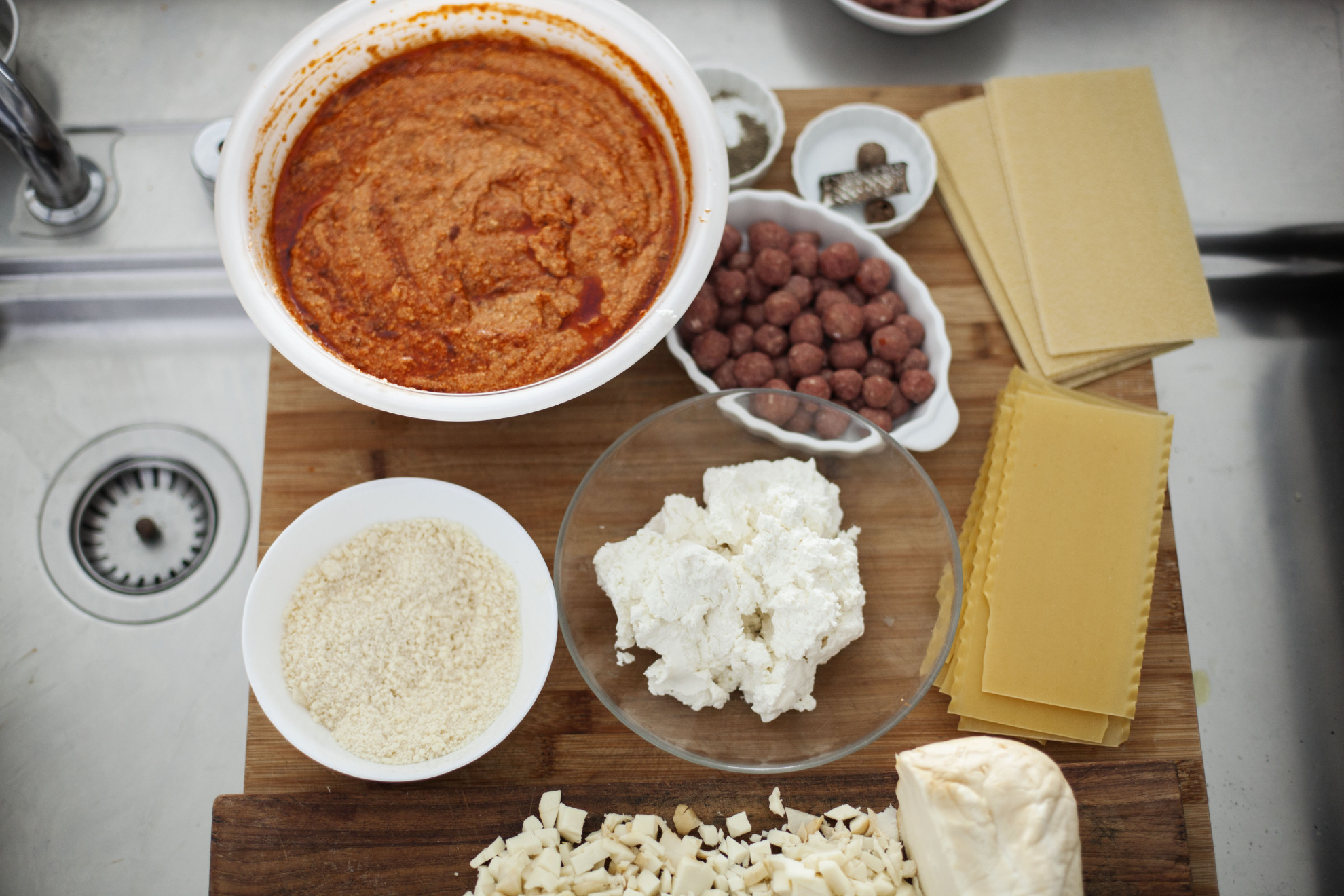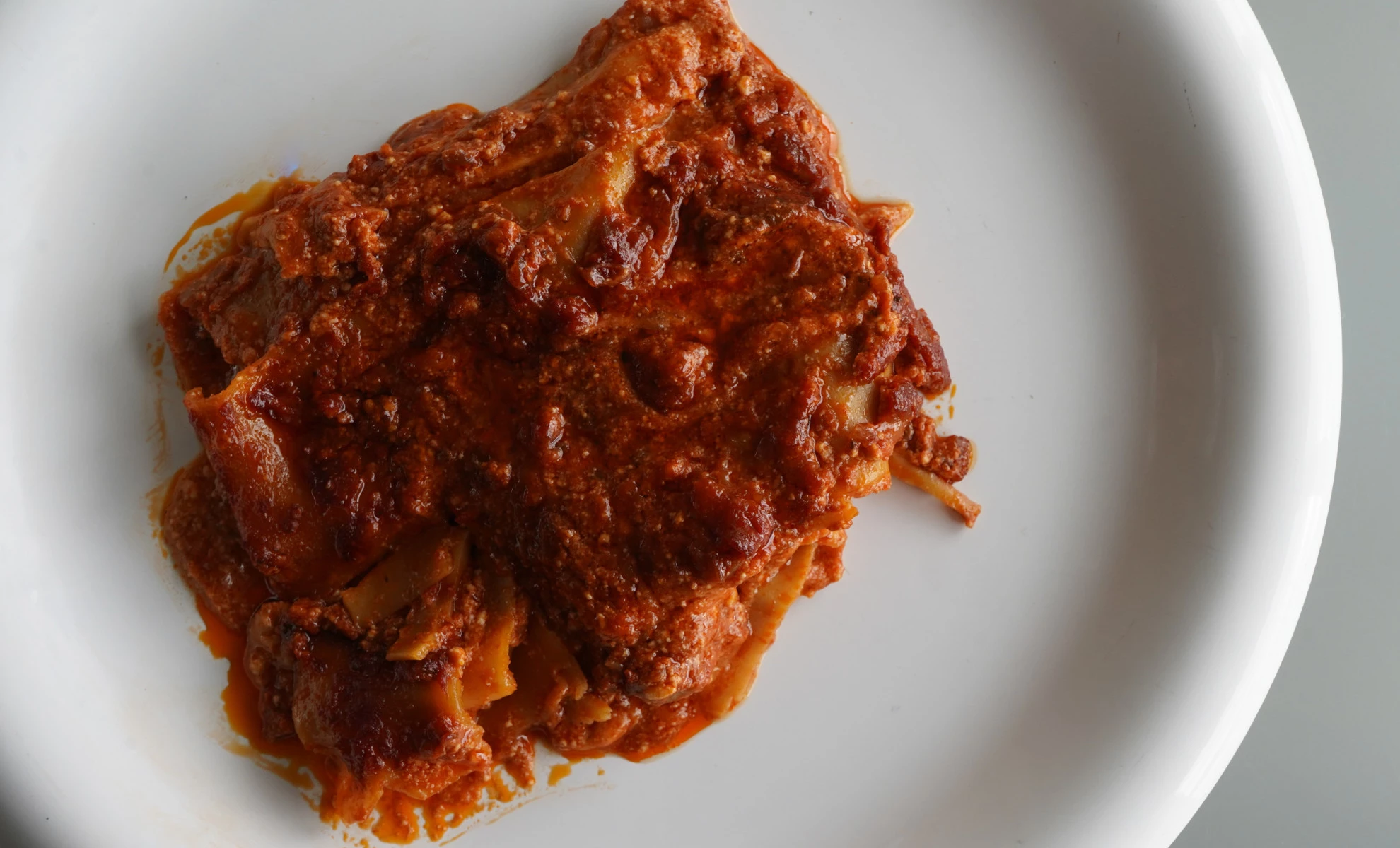The pagan transgression that overwhelms everyday life. The Italian saying "in Carnival every joke is fair", in harmony with the spirit of a holiday that overturns customs. The day when everything is allowed, in every area of life. Including, of course, the table.
The Neapolitan lasagna was born with this philosophy of transgression. Opulent, rich, sumptuous dish. Able to overturn the imposed rules of moderation and self-control at the table. For a day you can overdo it, eat with gusto without feeling too guilty. On Carnival day it is allowed, more than at Christmas or Easter. And lasagna is the symbolic dish of this festival.
Durum wheat semolina dough in the shape of sheets (not egg dough, because we are not talking about lasagna from Emilia-Romagna, in Northern Italy!) are put one on top of the other. Between one sheet of pasta and the other, we put everything our imagination can suggest: meatballs, provolone or other not too stew dairy products, ricotta and ragù. Someone also adds eggs or salami or cervellatine (a variety of sausage). As always, the recipes of the popular tradition do not have a single version.
Ph. Machi di Pace

What’s important is that the lasagna respects its name and contains, as in an embrace, everything that each of us wants to taste in a dish: the sourness of the tomato, the sweetness of the ricotta, the consistency of the ragù, the flavor of the cheese. A festival of flavors which was a kick to hunger, a mockery of daily precariousness, especially among the post-war popular classes, precisely in harmony with the spirit of Carnival.
Ph. Machi di Pace

Lasagna is a long-lived dish. Thanks to the refrigerator, a lasagna ready for Mardi Gras can also be eaten in the following days, avoiding food waste and fully respecting the Neapolitan philosophy on gastronomy. This dish has always been synonymous with celebration and sharing. The very gesture of cutting the lasagna, directly into the steaming pan, recalls the holidays, as if it were a cake to offer to friends and relatives.
Ph. Machi di Pace

Few dishes give a sense, albeit minimal, of community. Lasagna is one of them. The history of Naples is that of a city where popular classes have always been protagonists in defining tastes and sensations in the kitchen.
Ph. Enrico Nocera

Innovations and re-elaborations always bring with them a solid sense of belonging, which has its roots in recipes with simple ingredients, easy to find, often made with humble raw materials, but at the same time sophisticated in technique and preparations. A dichotomy that finds its full expression in dishes that, even today, many people are deeply fond of.

